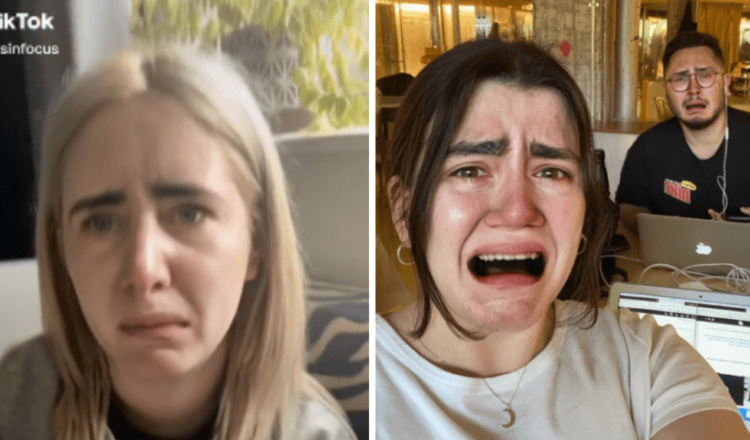Social Media’s Viral Crying Filter and Its Negative Impact
2022-05-19 08:32

Crying Filter
The Snapchat crying filter alters any image of a person to make them appear to be crying. The filter has sparked considerable debate, with some claiming that falsifying emotions can affect the feelings of viewers, particularly children. The distressed filter, which appears to be very real, may cause real grief, distress, and deception to viewers.
Many of the filters that have spread on social media platforms have previously sparked controversy, such as one that transforms women's faces into men or vice versa, an Instagram beauty filter, and a smile filter. Initially, users on other platforms were unable to easily access the crying filter. This prompted the creation of videos and articles that demonstrated how to access and use the crying filter.
Harmless Humour
Some users believe it started as a joke and is nothing more than a manipulation that shows tears in the eyes and flips the direction of the mouth to form a sad face. The filter has also been classified as innocent by newspapers, but it is part of a deep falsification technique that integrates grief features with normal facial muscles. Users interacted with the filter extensively, with celebrities using it and posting clips and pictures of themselves as jokes. Some artists' videos, such as the one shown below, have become popular on social media.
Origin of the Filter
A claim suggested the filter was inspired by Amber Heard's courtroom breakdown against Johnny Depp. A Snapchat spokesperson, however, denied the claims to U.S. media, stating that preparations for the filter began six months ago. Since the filter's debut on Snapchat on May 6, more than 180 million people have used it, and the crying lens has been activated 1.3 billion times.
Translated by Dina Faisal
Misbar’s Sources:
News Week
Aviation Analysis
India TV
Business Insider
Misbar









